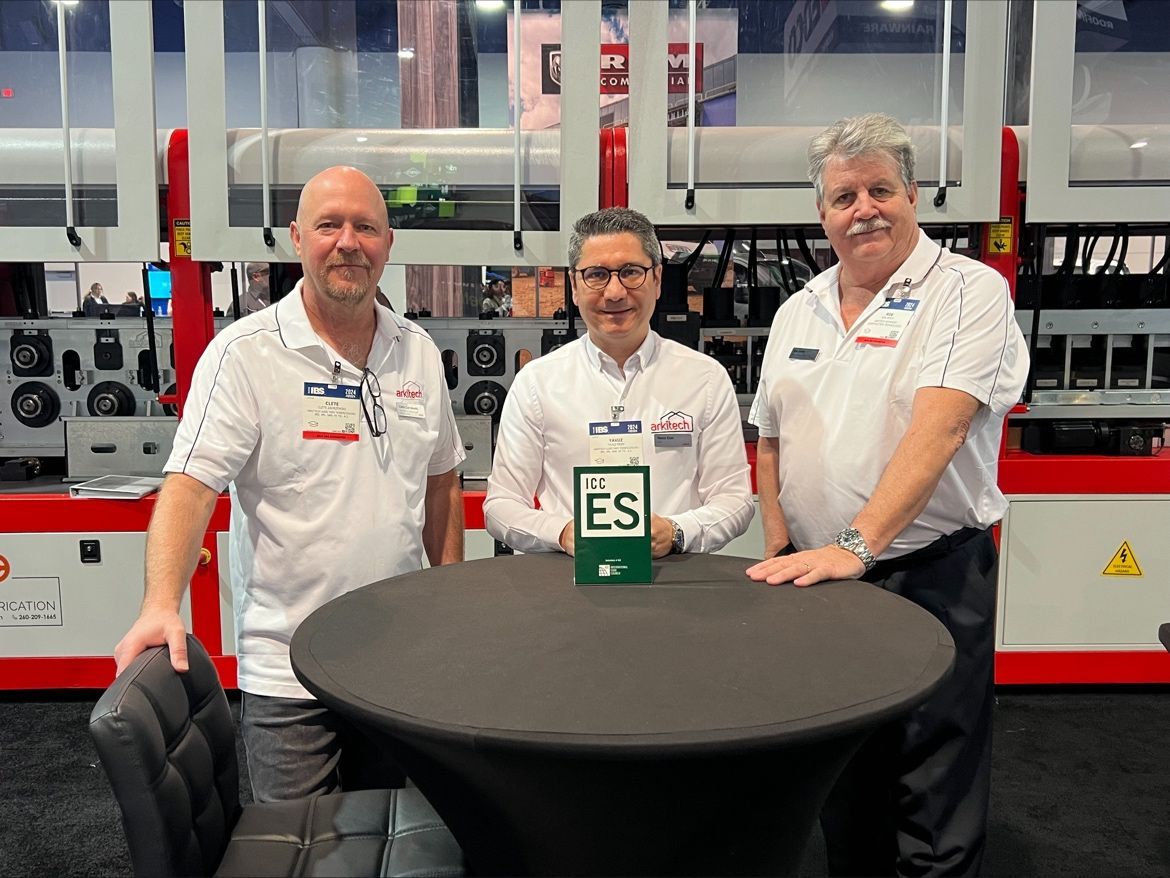Every interaction causes a reaction’
)
The impact of the exciting insights coming from neuroscience are giving us a wonderful opportunity to understand how to manage our behaviours, and those of others, to create more successful relationships and outcomes by applying the research to our organisational needs.
Can we really control our instinctive behaviours and those of others? Can we remove bias and prejudice in a male dominated environment such as construction? If we work together to understand the deeper impact of how we are communicating, both internally (teams, peers, direct reports, managing our manager) and externally (clients, contractors), what impact would this have on our relationships, productivity and profitability?

Decisions are made on trust, likeability and emotion at an instinctive level and this starts in our limbic system, one of the oldest regions of the brain. Trust and distrust are actually located in two different areas of the brain – distrust in the primitive reactionary amygdala and trust in the rational executive brain - Pre Frontal Cortex. So, for us to trust someone initially our brain needs to make a split second reactionary judgement and either process it to protect us (fight or flight, or stress and distress in current thinking) or allow us to begin a relationship (of course further down the line there are greater implications to trust. I like to refer to this as intrinsic and extrinsic trust). Would you trust in your gut instinct? We actually have a direct link between our brain and gut (and heart too) called the Vagus nerve which keeps constant communication between the two. Our bodies read a person’s energy which we pick up within 10 feet and the process of connectivity begins. So how can we begin to influence another brain in this split-second moment of decision making?

Look for common ground between you to start a conversation. Research shows that even if we find just one nugget of common ground our brains inexplicably assume we have so much more in common. 60% of our neurons are constantly scanning for threat so by showing similarities we are subliminally saying ‘I’m no threat’ For example, we always recommend starting any meeting with shared vision and objectives as this stimulates the Pre Frontal Cortex, invokes empathy and says ‘let’s work together’. How can you lock into any of the following?:
- How well do you know the other person/people? What overlaps are there in your lives? How old are they? What communication style resonates with this age group (particularly important with up to 4 generations working alongside each other now)?
- What can you find out about them (think social media platforms/mutual colleagues/reputation)? What are their habits/hobbies? Where do you have common interests?
- Watch them closely to discover what really drives them. In our negotiation courses a key concept is understanding the personal needs of the other party. Are they data driven? If so present an analytical case. Are they a big picture thinker? Present visionary scenarios.
- How do they dress? Can you emulate style or colour?
- Have you ever noticed how you subconsciously mirror someone’s body language when you are comfortable in their company (watch out for this next time you are engaged in conversation)? We do this to subliminally say ‘see we are alike’ Try to mirror various positioning without making it obvious.
We can still subliminally influence when emailing or phoning. Repeat back words (without obviously mimicking), tone, pace – again this is all saying ‘we are similar’ and triggering subconscious reactions increasing Oxytocin (relationship/trust hormone), Dopamine (positive happy hormone), Endorphins and Serotonin (feel good hormones)
Watch out for irritators
Insults, rejection and micro-aggressions, whether intentional or unintentional actually cause physical pain. Upsetting someone through exclusion or criticism for example, engages the same neural pathway through which physical pain is relayed, so we really do feel that perceived insult as a physical blow, this is why you may forget a compliment but never forget a slight. Don’t damage that relationship unintentionally. Think about your language and body language
Dopamine, Oxytocin, Serotonin, Endorphins and Cortisol….they all play a key part in our everyday interactions (I like to think of getting my daily DOSE) and we have the ability to activate these neurochemicals within ourselves, and more importantly influence the power of them in others. Take action to understand what it is that increases these levels in others. Really understand who you are communicating with and create a positive impact.
‘People are 6x more likely to make a deal with someone they like’ Chris Voss FBI International negotiator

Melanie Lilley 07971 008848
As a trained negotiator with a global consultancy (www.negotiate.org/uk) I also have a passion for understanding how behavioural science impacts individuals in the workplace. I am very pleased to be able to share tips and techniques with you via my website (www.icd.company). I am also available for panel/speaker slots. Sign up or contact me via Linkedin.
My upcoming workshop on ‘Communication-what part does neuroscience play?’ can be found here:
https://www.eventbrite.co.uk/e/communication-what-part-does-neuroscience-play-tickets-61567661533

)
)
)

)
)
)
.png/fit-in/500x500/filters:no_upscale())
)
)
)
)
)
)
)
)
)
)
)
.jpg/fit-in/500x500/filters:no_upscale())
)
)
)
)
)
)
)
)
)
)
)
)
)
)
)
)
)
)
)
)
)
)
)
)
)
)
.png/fit-in/500x500/filters:no_upscale())
)
)
)
)
)
)
)
)
)
)
)
)
)
)
)
)
)
.png/fit-in/500x500/filters:no_upscale())
)
)
)
)
.png/fit-in/500x500/filters:no_upscale())
)
)
)
)
)
)
)
)
)
)
)
)
)
)
)
)
)
)
)
)
)
)
)
)
)
)
)
)
)
)
)
)
)
)
)
)
)
)
)
)
)
)
)
)
)
)
)
)
)
)
)
)
)
)
)
)
)
)
)
)
)
)
)
)
)
)
)
)
)
)
)
)
)
)
)
)
)
)
)
)
)
)
)
)
)
)
)
)